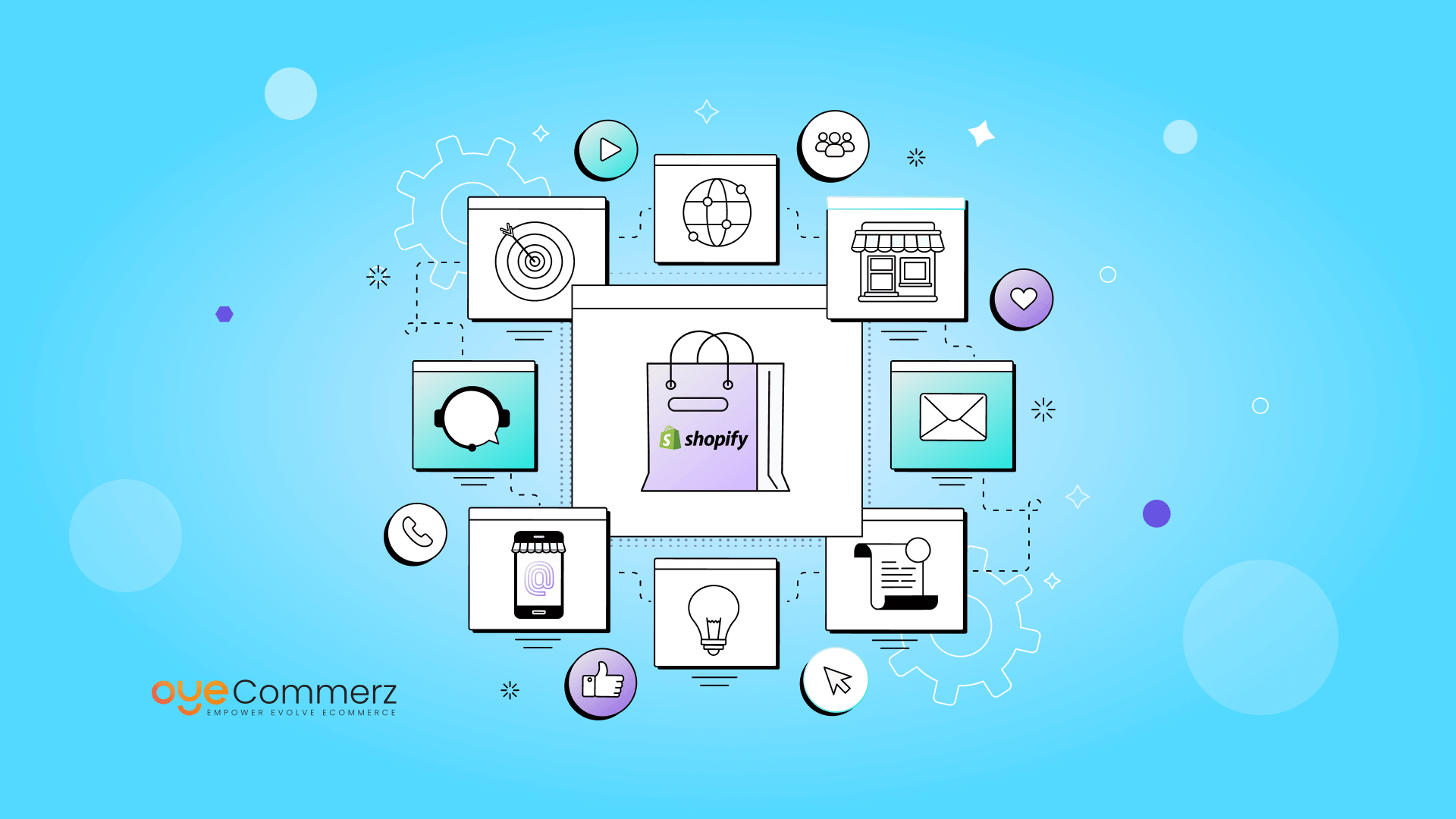Introduction
In today’s cutthroat e-commerce landscape, standing out is essential, and one of the best ways to differentiate a Shopify store is through tailored app development. A well-built Shopify app can enhance store capabilities, streamline operations, and elevate customer interaction. This article delves into essential aspects of Shopify app development, from API integration to growth techniques and promotion methods, offering a roadmap for businesses seeking superior store efficiency.
The Importance of Shopify API Integration
Shopify’s API provides powerful tools to personalize and expand store capabilities. With GraphQL and REST APIs, developers can access data to build applications that manage inventory control, order processing, and customer information management smoothly. Integrating Shopify’s API can lead to better workflow automation and enables stores to assist shoppers more effectively.
Utilizing the Polaris Design System
Polaris is Shopify's set of design guidelines for creating user-friendly and accessible Shopify apps. By following Polaris guidelines, developers guarantee that apps integrate smoothly within the Shopify Admin interface. This provides a cohesive look and feel that appeals to Shopify merchants, promoting usability and familiarity for merchants using your tailored app.
Navigating the Shopify App Ecosystem
The Shopify app ecosystem provides numerous opportunities for improving online stores. From handling order fulfillment to boosting customer interaction, apps in this ecosystem are tailored to meet various business needs. Learning about this system helps developers in finding unique app ideas and allows for smooth connections of external tools that add value to the store.
Developing Embedded Shopify Apps
Embedded apps integrate directly within the Shopify Admin, providing a smooth interface for merchants. They allow merchants do not need to navigate away from their Shopify control panel, streamlining their workflow. Using Shopify App Bridge and embedded app capabilities is recommended for offering a cohesive, well-integrated user environment.
Using Node.js and React for Shopify Apps
Node.js and React have emerged as ideal tools for Shopify app creation. This server-side framework enables high-performance server-side applications, while React enables dynamic, responsive front-end user interfaces. Together, they offer an excellent framework for building fast, scalable Shopify apps that enhance store performance and customer interaction.
Utilizing Webhooks in Shopify Development
Webhooks allow real-time data updates between Shopify and an outside application. They trigger events such as order creation or inventory updates and send instant alerts to your app. By implementing webhooks, apps can deliver real-time Professional Shopify app services insights for store owners, streamlining workflows and increasing productivity.
Engaging Customers Through Digital Marketing for Shopify Apps
To ensure Shopify app success, engaging customers is crucial. Using online marketing techniques like SEO, email marketing, and social outreach can increase app usage. Additionally, creating applications with customer engagement in mind (e.g., loyalty programs or personalized recommendations) increases user retention and satisfaction.
Scaling Your Shopify App
As e-commerce stores expand, so do their technological needs. Making sure that your app can scale to handle increased traffic, larger data sets, and more advanced functionalities is essential. By optimizing server resources and implementing scalable solutions, you can create apps that grow in parallel to a store’s growth.
Important Features and Maintenance Tips for Shopify Apps
For an app to be useful, it should include essential features like user login, dashboard analytics, and support channels. Ongoing app maintenance, with updates to fix bugs and compatibility checks with new Shopify features, is vital to ensure uninterrupted performance and avoid interruptions to merchant workflows.
Conclusion
Custom Shopify app development holds vast potential for e-commerce businesses, providing the ability to improve performance, simplify operations, and Enhance Shopify sales channels build customer relationships. With API integrations and Node.js to focusing on scalability and customer interaction, creating a Shopify app involves thoughtful preparation and strategic execution. If you’re prepared to unlock your store’s full potential, a tailored Shopify application could be the perfect solution. What capabilities do you envision for your dream application? Share your thoughts and take the first step toward an optimized e-commerce experience!
